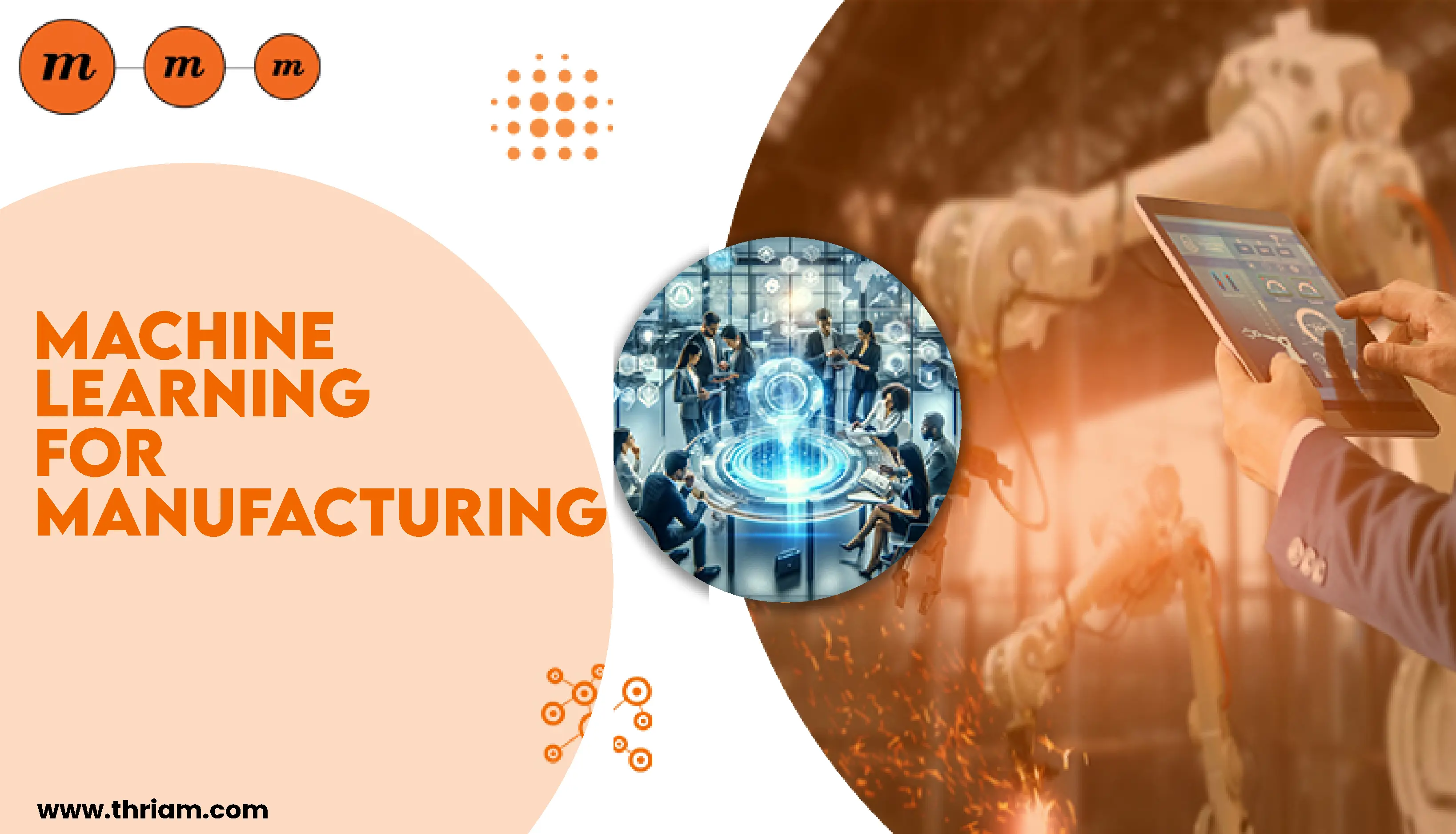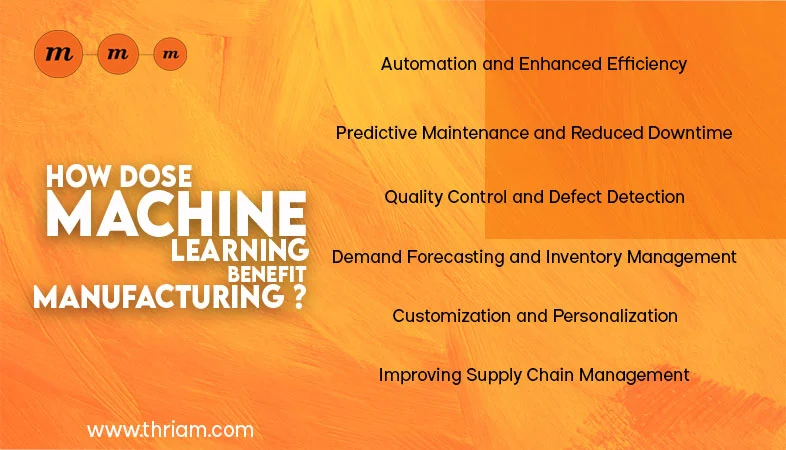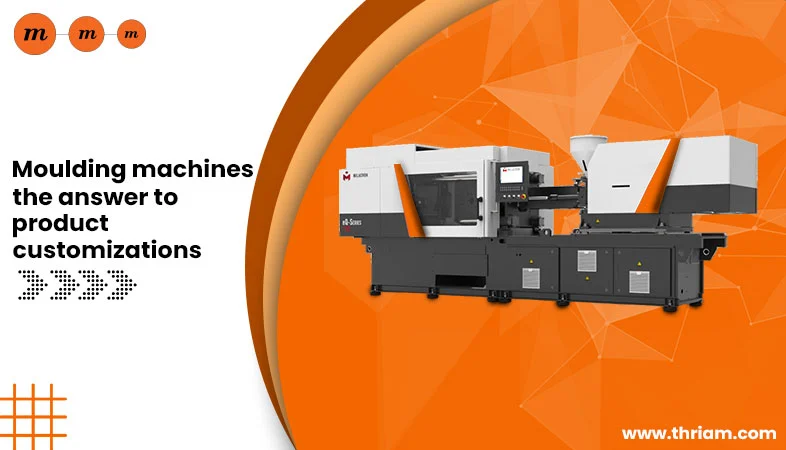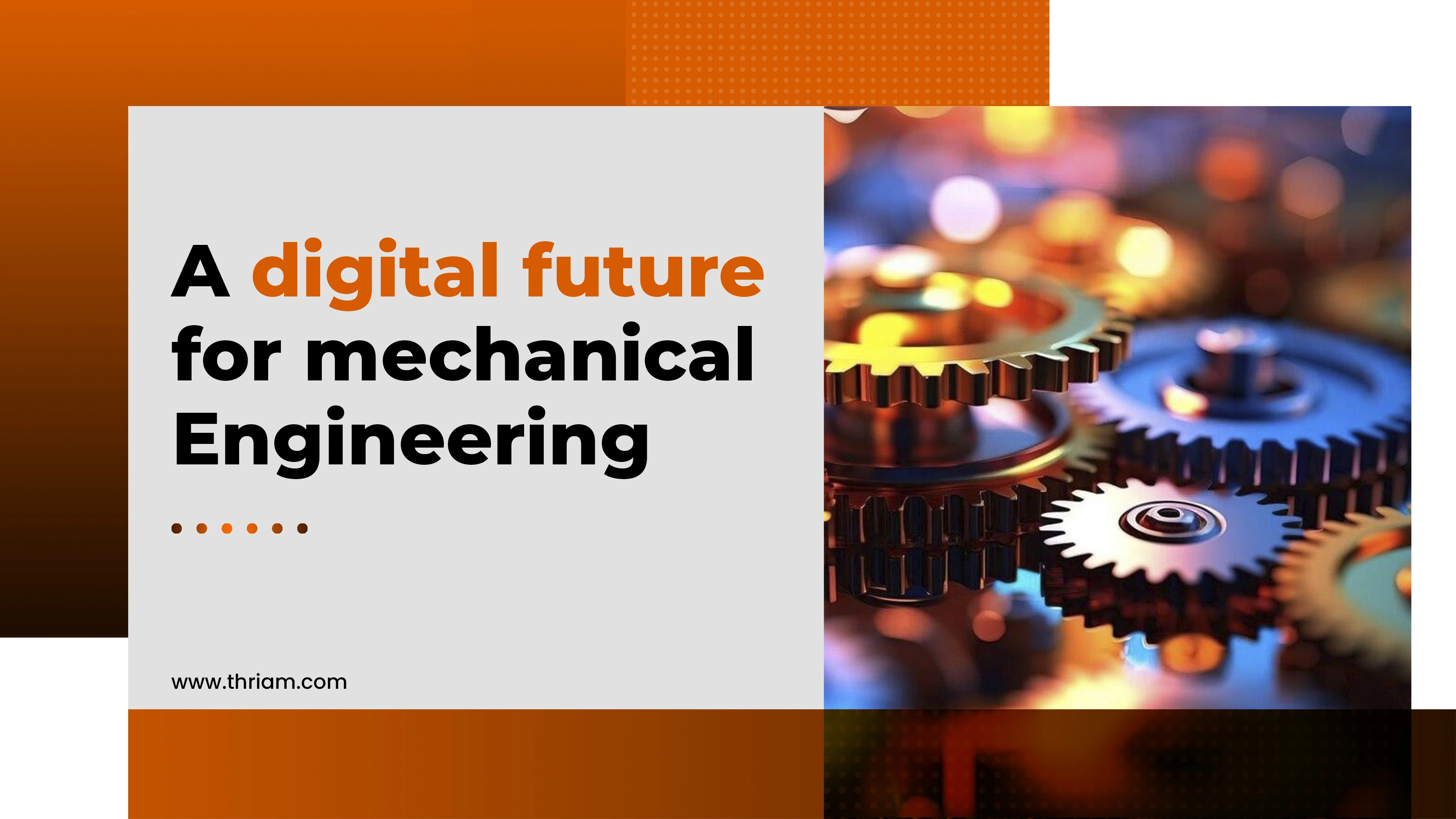The Transformation of Product Manufacturing: How Machine Learning is Shaping the Future

With advancements in technology and the rise of artificial intelligence, machine learning has emerged as a game-changer across various industries. One area that has been significantly impacted by this technology is product manufacturing. From automating mundane tasks to optimizing production processes, machine learning has revolutionized the way products are manufactured. In this blog post, we will explore the ways in which machine learning is reshaping the landscape of product manufacturing.
Understanding Machine Learning
Machine learning is a branch of artificial intelligence that enables computers to learn and make predictions or decisions without being explicitly programmed for every scenario. It is about designing algorithms and models that can learn from data and improve their performance through experience.
At its core, machine learning is driven by the idea of allowing computers to learn from patterns and data, and then make accurate predictions or take actions based on that learning. Just like humans learn from experience, machine learning algorithms can analyze large datasets and identify patterns or relationships within the data. These algorithms then use these patterns to make predictions or decisions when faced with new, unseen data.
Machine learning relies on training models using historical data to create a representation of the underlying patterns. This training data consists of input data and the corresponding correct output or desired outcome. The algorithm analyzes this training data, searches for patterns, and adjusts its internal parameters accordingly. Through this iterative process, the algorithm becomes better at predicting or classifying new data.
There are different types of machine learning algorithms, each designed to solve specific types of problems. Supervised learning algorithms, for example, learn from labeled data, where the correct output is known. Unsupervised learning algorithms, on the other hand, explore the data without any specific guidance to discover hidden patterns or structures. There are also semi-supervised learning and reinforcement learning algorithms that combine aspects of both supervised and unsupervised learning.
Machine learning finds applications in numerous fields, including image recognition, natural language processing, recommendation systems, fraud detection, and autonomous vehicles, among others. Its potential impact is vast due to its ability to process vast amounts of data and provide insights or automate tasks that were previously impossible or labor-intensive for humans.
How does machine learning benefit manufacturing?

Automation and Enhanced Efficiency
One of the key benefits of machine learning in manufacturing is automation. Traditional manufacturing processes often involve repetitive tasks that are time-consuming and prone to human error. Machine learning algorithms can be trained to perform these tasks with remarkable precision and efficiency, reducing the potential for errors and increasing overall productivity. This allows manufacturers to streamline their operations and reallocate human resources to more complex and creative tasks.
Predictive Maintenance and Reduced Downtime
Machine learning algorithms can be trained on historical data to identify patterns and predict when a machine is likely to fail. By utilizing this predictive maintenance approach, manufacturers can minimize equipment downtime and optimize maintenance schedules. Not only does this increase productivity by minimizing unexpected disruptions in the manufacturing process, but it also helps reduce maintenance costs by avoiding unnecessary servicing.
Quality Control and Defect Detection
Maintaining product quality is of utmost importance in manufacturing. Machine learning algorithms can be trained to analyze vast amounts of data, such as sensor readings or images, to identify defects or anomalies in the production process. By continuously monitoring the manufacturing process, these algorithms can quickly detect deviations from the expected standards, allowing manufacturers to take corrective actions promptly. This not only ensures consistent product quality but also minimizes the production of defective goods, thereby reducing waste and costs.
Demand Forecasting and Inventory Management
Accurate demand forecasting and inventory management are crucial for manufacturers to maintain optimal stock levels and avoid overproduction or stockouts. Machine learning models can analyze historical sales data, market trends, and other relevant factors to predict future demand more accurately. This enables manufacturers to adjust production levels accordingly, reducing the risks associated with overstocking or understocking. By optimizing inventory management, manufacturers can reduce costs, improve customer satisfaction, and increase overall efficiency.
Customization and Personalization
In today's consumer-driven market, customization and personalization have become increasingly important. Machine learning algorithms can analyze customer data, such as preferences, purchase history, and demographic information, to tailor products to individual needs. This level of customization not only enhances customer satisfaction but also provides manufacturers with valuable insights for product development and marketing strategies.
Improving Supply Chain Management
Another area where machine learning is revolutionizing product manufacturing is supply chain management. By analyzing data from various sources, including suppliers, logistics, and customer feedback, machine learning algorithms can optimize supply chain operations. This includes improving demand forecasting, optimizing transportation routes, reducing lead time, and minimizing costs. By ensuring a smooth and efficient supply chain, manufacturers can enhance their competitiveness and meet customer expectations more effectively.
Conclusion
Machine learning is transforming product manufacturing in remarkable ways. From automation and predictive maintenance to quality control and supply chain optimization, the applications of machine learning are wide-ranging and powerful. Adopting machine learning in manufacturing not only improves efficiency and productivity but also enables manufacturers to stay competitive in today's fast-paced market. As this technology continues to evolve, its impact on product manufacturing will undoubtedly reshape the industry and pave the way for a more intelligent and optimized future.



